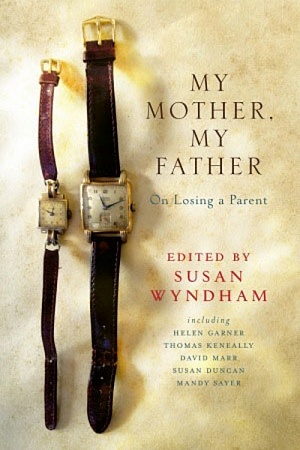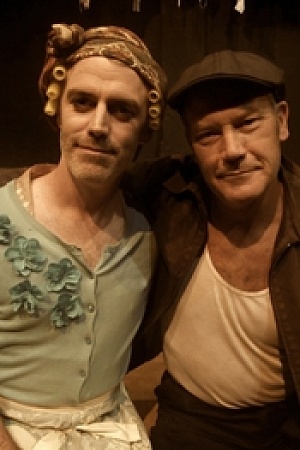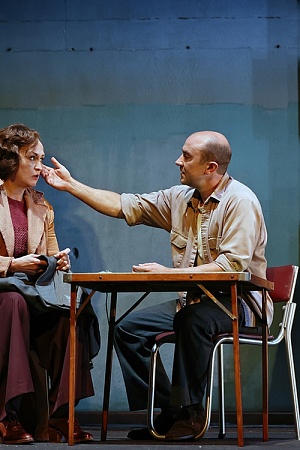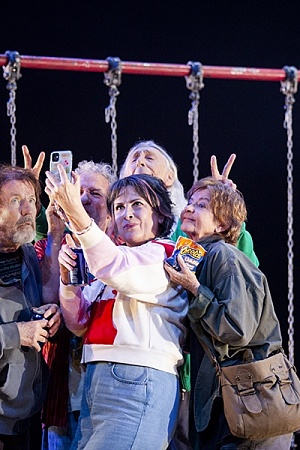The Flick
It is ironic that Annie Baker’s 2014 Pulitzer-Prize winning play about one of the last American cinemas to use a 35-millimeter projector is being revived by Red Stitch, whose theatre is opposite The Astor, the classic Melbourne cinema that was recently sold and will soon be transformed into a twenty-first century digital ‘palace’.
Red Stitch first performed The Flick last year, as part of the Melbourne International Film Festival, so this is a return to home turf. Nothing has changed: cast, director, and design remain the same. Book now, for tickets are selling fast. (Several critics extolled this outstanding production in ABR’s Arts Highlights of the Year, January–February 2015.)
Continue reading for only $10 per month. Subscribe and gain full access to Australian Book Review. Already a subscriber? Sign in. If you need assistance, feel free to contact us.









Leave a comment
If you are an ABR subscriber, you will need to sign in to post a comment.
If you have forgotten your sign in details, or if you receive an error message when trying to submit your comment, please email your comment (and the name of the article to which it relates) to ABR Comments. We will review your comment and, subject to approval, we will post it under your name.
Please note that all comments must be approved by ABR and comply with our Terms & Conditions.